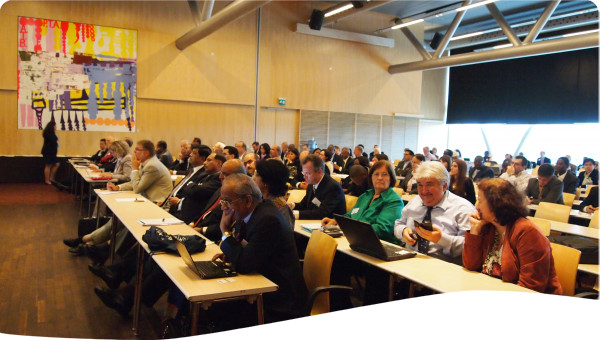This paper explores the concept of stakeholders at national level in the context of societal challenges associated with: Health, demographic change and wellbeing; Food security, sustainable agriculture, marine and maritime research & the bioeconomy; Secure, clean and efficient energy; Smart, green and integrated transport; Climate action, resource efficiency and raw materials; Europe in a changing world - inclusive, innovative and reflective societies; and Secure societies – protecting freedom and security of Europe and its citizens. It focuses on how to effectively identify and map those individuals, groups and organisations likely to be affected by, or likely to have an influence on societal challenges and thereby effectively helping to understand the importance of considering stakeholders when addressing societal challenges, identify stakeholders, and understand their relationship to each societal challenge, and map and prioritise stakeholders. Research presented in this paper was carried out as part of the CASCADE project (Collaborative Action towards Societal Challenges through Awareness, Development, and Education) which aimed to provide the foundation for a future International Cooperation Network programme targeting South Asian Countries, which will promote bi-regional coordination of Science & Technology cooperation. The objectives of CASCADE included to map and develop an inventory of national and regional stakeholders related to global challenges amongst other objectives and targeted and had the participation of seven South Asian countries, namely, Afghanistan, Bangladesh, Bhutan, Maldives, Nepal, Pakistan and Sri Lanka.
Description / Abstract
Publication year
Publisher
English
 Resource -
Resource -
